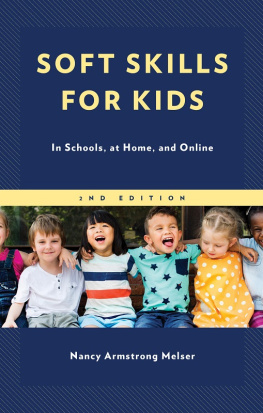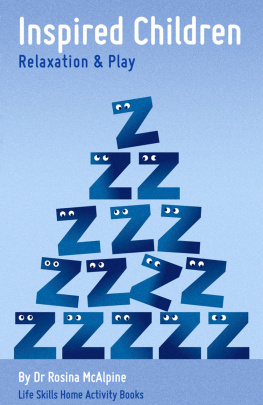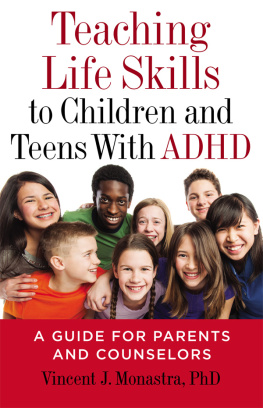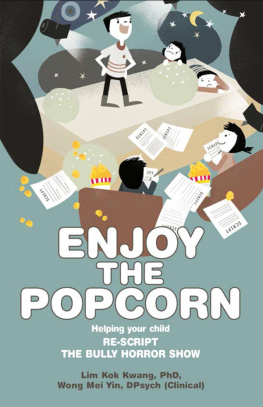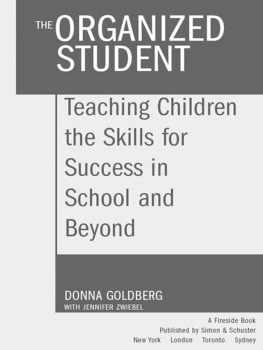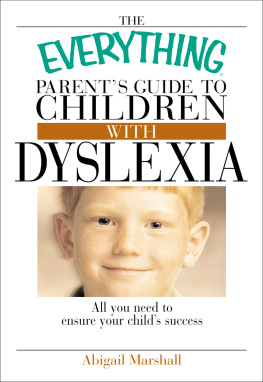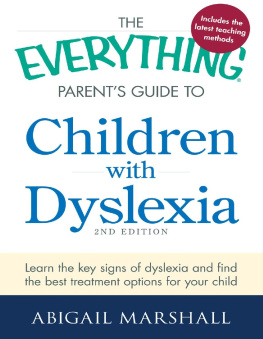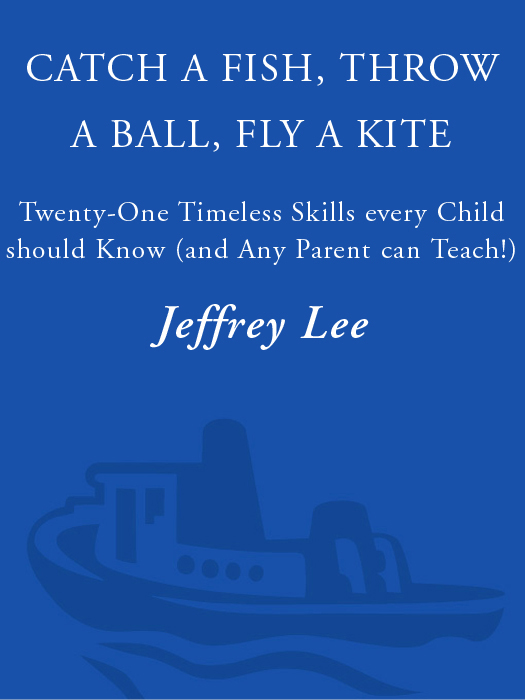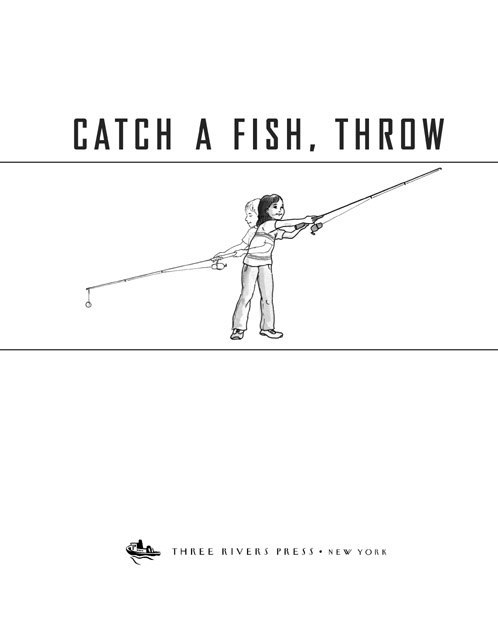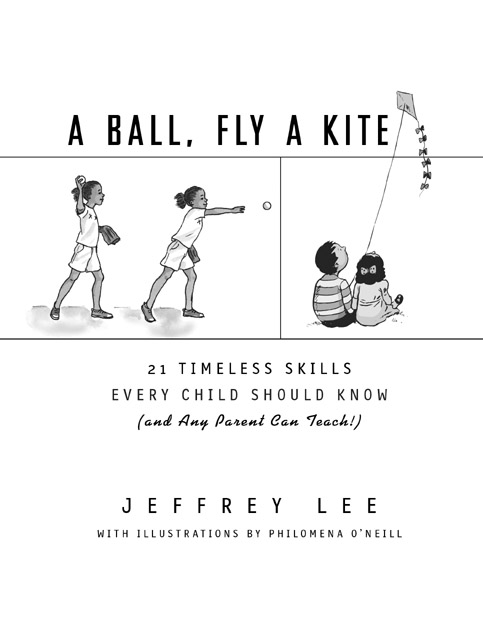Acknowledgments
My deepest gratitude to Barbara Moravec, Joel ben Izzy Dorian Karchmar, and Becky Cabaza, without whom this book might never have been written.
Thanks also to these people, who were so generous with their help at every step along the way: Madeline Lee, Juliana Lee, Marcus Rempel, Sandi Everlove, Hannah Rempel, Jodie Wohl, Alison Odell, Rob Saper, Al Russell, Dave Richardson, Julie Jenkins, Leroy Jenkins, Hailey Jenkins, Jamie Jenkins, Lisa Kartiganer, and Ani Schroeter.
Contents
INTRODUCTION
You dont spoil your kids by giving them what they wantyou spoil them by giving them everything except what they want. What they want is you.
Jim McHugh
M y father used to get them from the library. They were dog-eared paperbacks, held together by Scotch tape, with titles like Figure Drawing Made Easy or Lucas on Bass Fishing or Bob Cousys Guide to Winning Basketball. After dinner hed sit in his big brown recliner and study them page by page. I used to look over his shoulder at the pictures. Once in a while hed point one out and explain it to me.
See? You have to keep your arms up so they cant pass it over you.
Look. Thats where the big ones arein the weeds, next to the sunken log.
Then hed push his glasses onto the bridge of his nose and pore over the imagelike a scholar deciphering an ancient scroll.
He had a tough job to do, and he knew it. Neither his childhood in China nor his adolescence in his familys laundry had prepared him to raise four sons who wanted to be all-American boys. His own parents, with their old world ways, had little parenting advice to offer. Nor did anyone else. Back then, parent wasnt even a verb.
So he went to the library, and he did the best he could. His sons wanted to play baseball? He came home after a long days work and played catch. They wanted to go fishing? He got up at five in the morning, bundled us into the station wagon, and drove to the lake.
But somehow, the books never told him the things he really needed to know. How do you catch a pop fly without getting bonked on the head? How do you get a barbed fishhook out of your hand? He did his best, and he made it up as he went along. In a way, I wrote this book for himonly thirty years too late. Its the book he always needed but never had.
The funny thing is, I needed it even more than he did. When I first started parenting, I was pretty cocky. After all, my parents had done it with four unruly boys, and no guidance to speak of. We turned out okay, didnt we? How hard could it be?
Famous last words.
The first time I tried to teach my daughter something, I made her cry. It was a long time before we actually started having fun. But once we did, it was lots of funmore, in fact, than I ever could have imagined. And in the end thats what this book is about. You and your kids are going to have a great time with this stuffmaybe even better than I did, since you wont have to repeat all my mistakes.
The biggest mistakes always came from my ignorance about how kids really learned. Those are mistakes you can avoid. Let me pass on a few useful tips I figured out along the way.
SEE ONE, DO ONE, TEACH ONE
Theres a little secret about doctors that most people would just as soon not know. In our early training, most of what we learned was passed down, not from sage, gray-haired Marcus Welby look-alikes, but from young doctors who were only one step ahead of us in their training. The tongue-in-cheek name we had for this arrangement was See one, do one, teach one, though we took great pains not to utter it in front of the patient on whom the lesson was taking place.
Clearly, this isnt the ideal way to learn medicine. But having taken part in the system as both student and teacher, Ive seen it work much better than youd expect. The reason is simple:
You dont have to be an expert to be a good teacher.
Did you ever try to teach a beginner something that youve known how to do for a very long time? You think that all you need to do is demonstrate a couple of times and theyll see how simple it is. But somehow it doesnt work out that way. They ask you to explain the things you usually do without thinking. Pretty soon you realize that you dont know how you do this thing at allyou just do it. And the more you try to break it down and explain it, the more awkward and unnatural it seems.
To teach a beginner, you need to have beginners mind. You have to know how strange and new it all feelshow every turn of the head and gesture of the hand is unfamiliar ground. Of course, experience has its advantages, but no one understands beginners mind like someone who has recently been a beginner.
So relax. You dont need to be an expert. And the worst thing you can do is try to act like one when youre not. Learning comes quicker and easier when you arent afraid to make mistakes. Model that for your kids. Show them how to take chances, fall flat on your face, and get up laughing. Sometimes the bloopers are the parts we enjoy the most.
KNOW YOUR KID
The other reason beginners can be good teachers is that they dont spend all their time pontificating and showing off. The most important thing about teaching is observing. The very fact that you are watching and listening will transform the way your children learn. Your caring helps them focus. Your focus makes them care.
But what, exactly, are you supposed to observe?
The most important thing you need to find out is who your kid is, and what hes ready to do. It sounds so simpleuntil you try it.
None of us are objective about our kids. We have hopes and dreams and lots of expectations that cloud our ability to see who they really are. But if you want to take them on a journey, you have to start out wherever they are at that moment. Try to see them clearlynot to judge, but just to know.
Are they graceful and swift, or a little clumsy? Do they learn easily, or do they have to work at it? Do they stick to a task like glue, or do they wander and lose interest? How is their strength? Their endurance? Their memory? Their self-confidence?
Teach the kid in front of you, not the kid you wish she would be. It saves everyone a lot of frustration. And when you know exactly where she started, you can tell when she makes progress, no matter how small it is. Progress is always worth celebrating. Why miss out on anything so sweet?
Once you think you know who your kid is, you still have to watch him closely. Children are notorious shape-shifters. Emotions wash through them like waves, and there always seems to be a new one on the way. Are they nervous? Excited? Tired? Scared? Learn to read your kids from moment to moment, and youll have a much better idea what they need. Sometimes its encouragement, or reassurance. Sometimes its a rest, or a tickle fight. And sometimes its time to call it a day. If you stop while its still fun, youre sure to be out there again soon.
GIVE THEM WHAT THEY WANT
In education circles theres a lot of talk about learning styles. For the most part, thats a good thing. Every kid is different, and the better we are at recognizing those differences, the better well be at teaching our kids. But the last thing you want to do is pigeonhole your children, and thus limit your options as a teacher. I come from a tradition of Chinese pragmatism, and as far as Im concerned, you should do whatever works.



